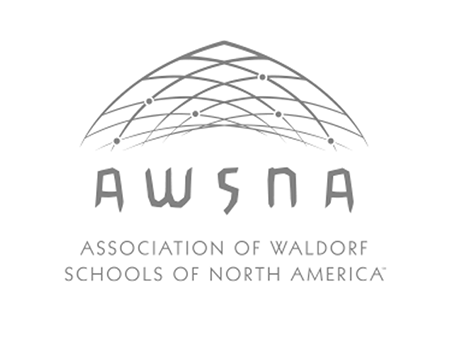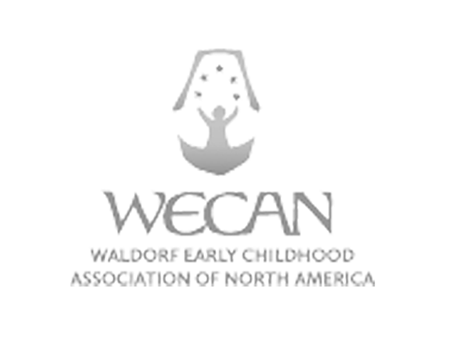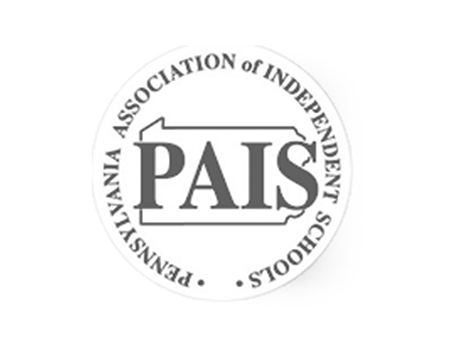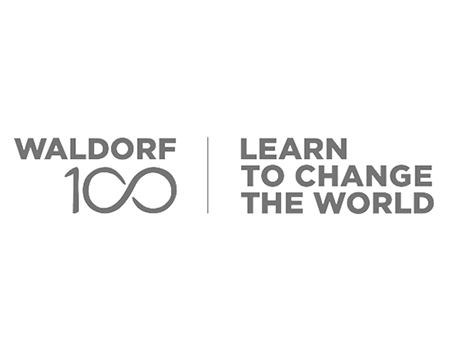Building Skills to Navigate Challenges
River Valley Waldorf School believes that children develop and learn at different speeds, in different ways. We know that many children encounter challenges during their academic journey, and sometimes children benefit from extra support. Within the parameters of our school’s resources, we strive to provide our students with supplementary educational support designed to meet their individual needs. Some students may receive support for a set of weeks and other students may receive support over several years of their education at River Valley Waldorf.
Student Screening
The Educational Support Program at River Valley Waldorf School includes regular screening of all students.
Holistic Student Screening includes:
- Developmental milestone review in anticipation for first-grade entry (first grade readiness screening).
- Second grade screening.
- Third grade screening in reading and mathematics.
- Annual review of developmental and academic milestones.
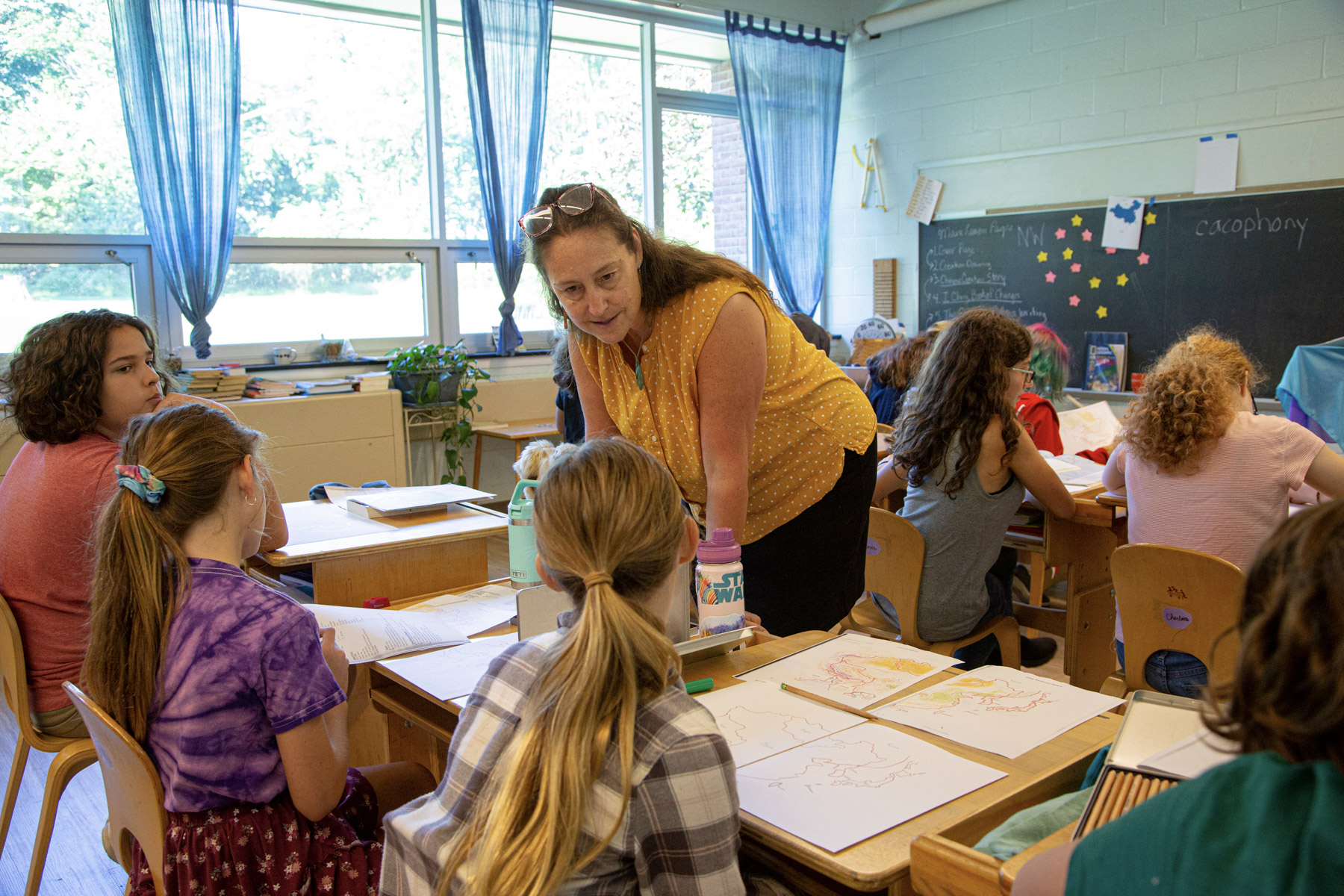
Student Support Services
River Valley Waldorf’s educational support teachers and classroom teachers support students through small group systematic instruction, tailored to meet individual needs. In our work with the children at River Valley, we strive to create a complete picture of each child so that we can best meet their needs. The goal of a child participating in educational support services is to help provide scaffolded instruction and guided practice of skills to increase a student’s self-confidence and motivation to learn.
If a student is identified as needing additional support beyond what is provided by the class teacher, students may be supported by:
- Additional small group math and reading instruction.
- Additional small group support in developmental movement.
- Ongoing support and consultation for class teachers with River Valley’s Learning Support Coordinator.
- Individualized educational support plans.
- Executive function skill-building.
- Recommendations for further assessments, therapies, and remediation outside of school by specialized professionals if/when necessary.
What will educational support lessons look like?
- Be aligned to the Waldorf curriculum and informed by child development.
- Be based on sound research and instructional best practices, including a multi-sensory approach to literacy.
- Include built-in formative assessments and progress monitoring to guide instruction.
- Include close communication between the educational support team, class teachers, and parents supporting students in mastering classroom objectives.
- Provide parents with periodic progress reports on student achievement.
Social Emotional Support
For the 2024-2025 school year, River Valley Waldorf School is pleased to partner with the Bucks County Intermediate Unit to provide guidance counseling for students who reside in Pennsylvania. The credentialed counselor will collaborate with our teachers (and when appropriate, parents) in support of the students being served.
River Valley Waldorf School recognizes that supporting student mental health is an important part of securing success for our students. Middle School students participate in Erika’s Lighthouse Depression Awareness and Suicide Prevention curriculum. Additionally, River Valley Waldorf School has partnered with HiTOPS to provide lessons for middle school on the topics of healthy relationships and personal boundaries.
Educational supports and care plans are also created to support student success in the domains of behavior and mental health.
To learn about behavioral health services available in Bucks County, please CLICK HERE.
To find a list of assistive and support services in Bucks County for children, youth, and families, please CLICK HERE.
To find a list of assistive and supportive services in New Jersey, please CLICK HERE.
Have Questions?
For more information, please contact Sara Sweningsen, Learning Support Coordinator & Teacher, at ssweningsen@rivervalleyschool.org

© River Valley Waldorf School Privacy Policy
